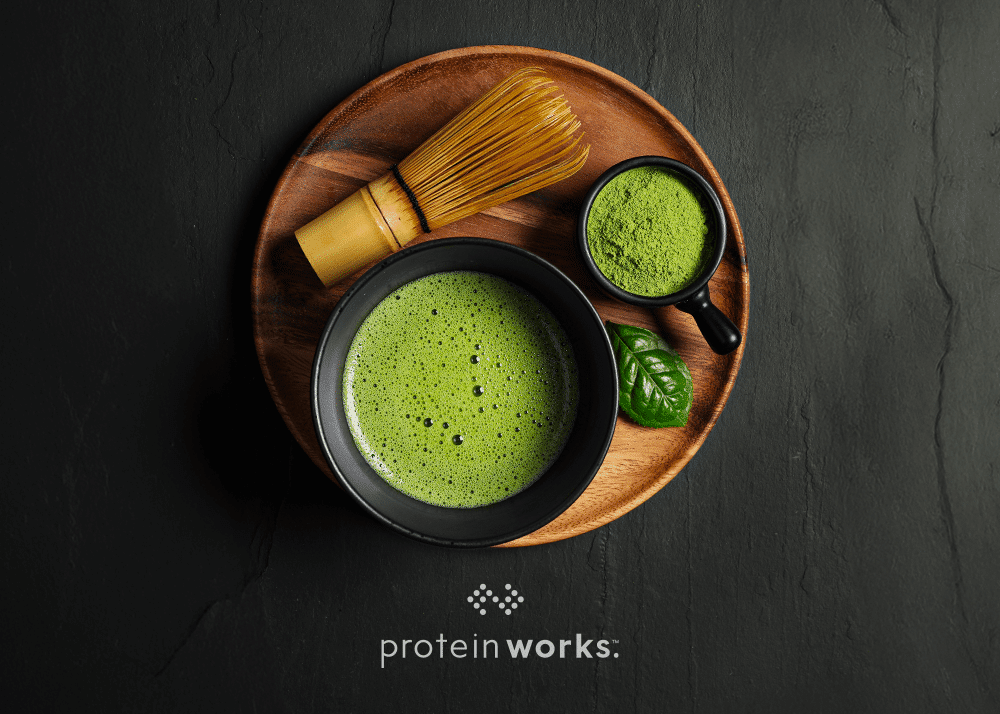
What Is Hemp Protein?
Hemp protein is a unique plant-based source of protein. Hemp protein is produced from the seeds of the Hemp plant and contains 20 amino acids, including all the essential amino acids. Hemp protein is also high in essentially fatty acids and a great source of dietary fibre. It is a great non-dairy, hypoallergenic protein source meaning it is ideal for those who suffer from food allergies such as lactose intolerance.
What are the benefits of using Hemp Protein?

Hemp protein is also a good source of fats, with the ratio of the Omega fats 3, 6 and 9 helping to promote an anti-inflammatory effect. This helps to maintain the health of your gut, improving absorption of key nutrients in your everyday diet. The vast majority of the body’s immune receptors are located in the gut. Therefore optimising gut health is extremely important for long term health and wellbeing. As hemp protein is free from soya, yeast, dairy and gluten, it s a very good option for people who are looking for a hypoallergenic protein source. It can also be a very important protein source for vegans, vegetarians or others who may otherwise struggle to meet their dietary needs for protein.
Hemp Protein Digestion
When compared to other protein sources such as soy, hemp protein is relatively easy to digest. It contains two types of proteins, edestin and albumin, which are known as globular proteins. Globular proteins, such as those found in hemp protein, are readily accessible for the body to use as they digest easily. This is in contrast to soy protein, which has a different protein structure and therefore can be more difficult for the body to digest. Soy contains inhibitors that block the action of trypsin and other enzymes. This can often result in unwanted bloating and gas as these enzymes are needed to break down protein.
Hemp Protein Side Effects
There are very few side effects attributed specifically to hemp protein. However this does not mean that consuming large amounts will bring about a symptomless response. As with many things moderation is important, especially when introducing something into your diet. Hemp protein is a rich source of fibre. Therefore high dosages alongside an existing diet rich in fibre may bring about side effects including bloating, gastrointestinal discomfort, loosening of bowel movements and gas. To minimise these symptoms, introducing hemp protein gradually and avoiding excessive fibre consumption would be beneficial.
When should I take Hemp Protein?
Hemp Protein is absorbed slowly by the body, making it effective for protein supplementation both during the day and as a night time protein source. We recommend taking 30g (one large scoop) of TPW Hemp Protein 2-3 times daily, or as required. Add 150ml-250ml of water or juice to your TPW Master Blender. Then add one large scoop (30g). Shake well and consume. The less liquid you use the thicker your shake will be, so adjust to suit your own requirements.





No Comments yet!